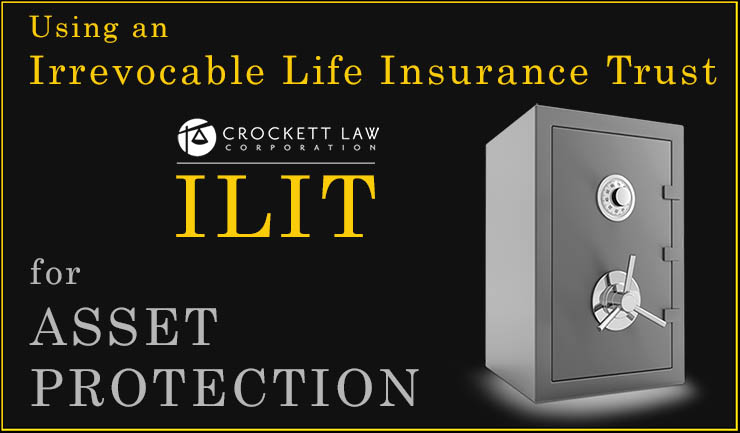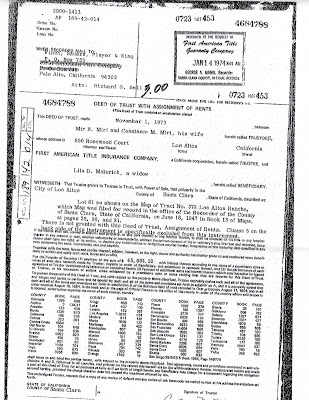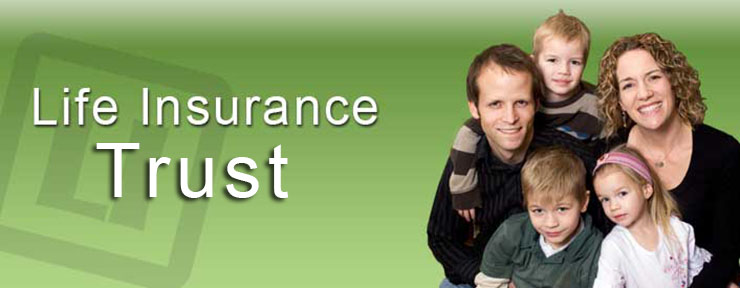
WHAT IS IT? – What is a Charitable Remainder Trust?
A Charitable Remainder Trust (also known as a “ CRT”) is a permanent, irrevocable trust that is established to pay an amount at least annually to the Trustor for a period of time and then at the end of that time pays the remainder in the trust to a charitable organization. The Trustor contributes assets to the CRT when it is established. The Trustor gets a current income tax deduction for the present value of the remainder interest and escapes capital gains tax on the assets placed in the trust. A CRT is established under the specific authority of Internal Revenue Code §664 and the regulations thereunder.
 Orange County Estate Planning Lawyer Blog
Orange County Estate Planning Lawyer Blog





 Real estate property ownership is legally changed by a document commonly known as a deed which is signed by the person making the ownership transfer. The deed is then recorded with the County recorder in the county where the property is located.
Real estate property ownership is legally changed by a document commonly known as a deed which is signed by the person making the ownership transfer. The deed is then recorded with the County recorder in the county where the property is located.
 Trusts for Special Needs – Special Needs Trusts are used to hold money and property for specific periods of time, and to pay out the money and property according to detailed written instructions. Special Needs Trusts in particular are for lifetime financial and personal care for a Beneficiary who has a disability. The concept is to have money and property available for a disabled person but completely controlled by someone else, typically known as a Third Party Trustee. If properly structured and administered, the disabled person/Beneficiary, may still keep receiving public benefits such as Supplement Security Income (SSI) and Medi-Cal. Giving an inheritance to a disabled person by trust or through probate can be disastrous if they lose their public benefits.
Trusts for Special Needs – Special Needs Trusts are used to hold money and property for specific periods of time, and to pay out the money and property according to detailed written instructions. Special Needs Trusts in particular are for lifetime financial and personal care for a Beneficiary who has a disability. The concept is to have money and property available for a disabled person but completely controlled by someone else, typically known as a Third Party Trustee. If properly structured and administered, the disabled person/Beneficiary, may still keep receiving public benefits such as Supplement Security Income (SSI) and Medi-Cal. Giving an inheritance to a disabled person by trust or through probate can be disastrous if they lose their public benefits.